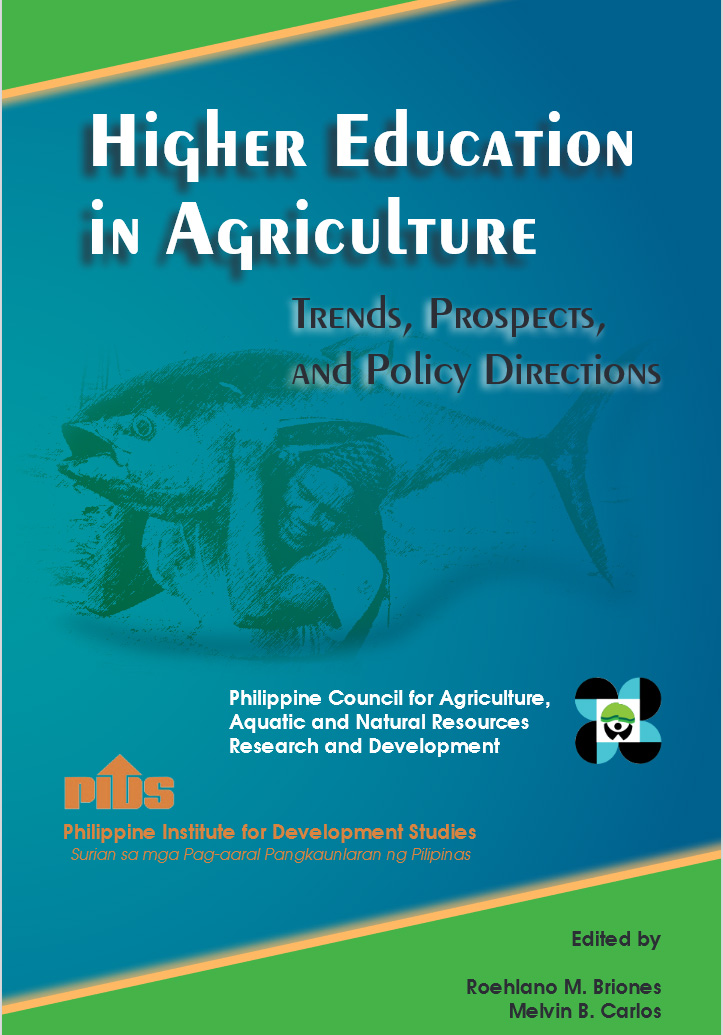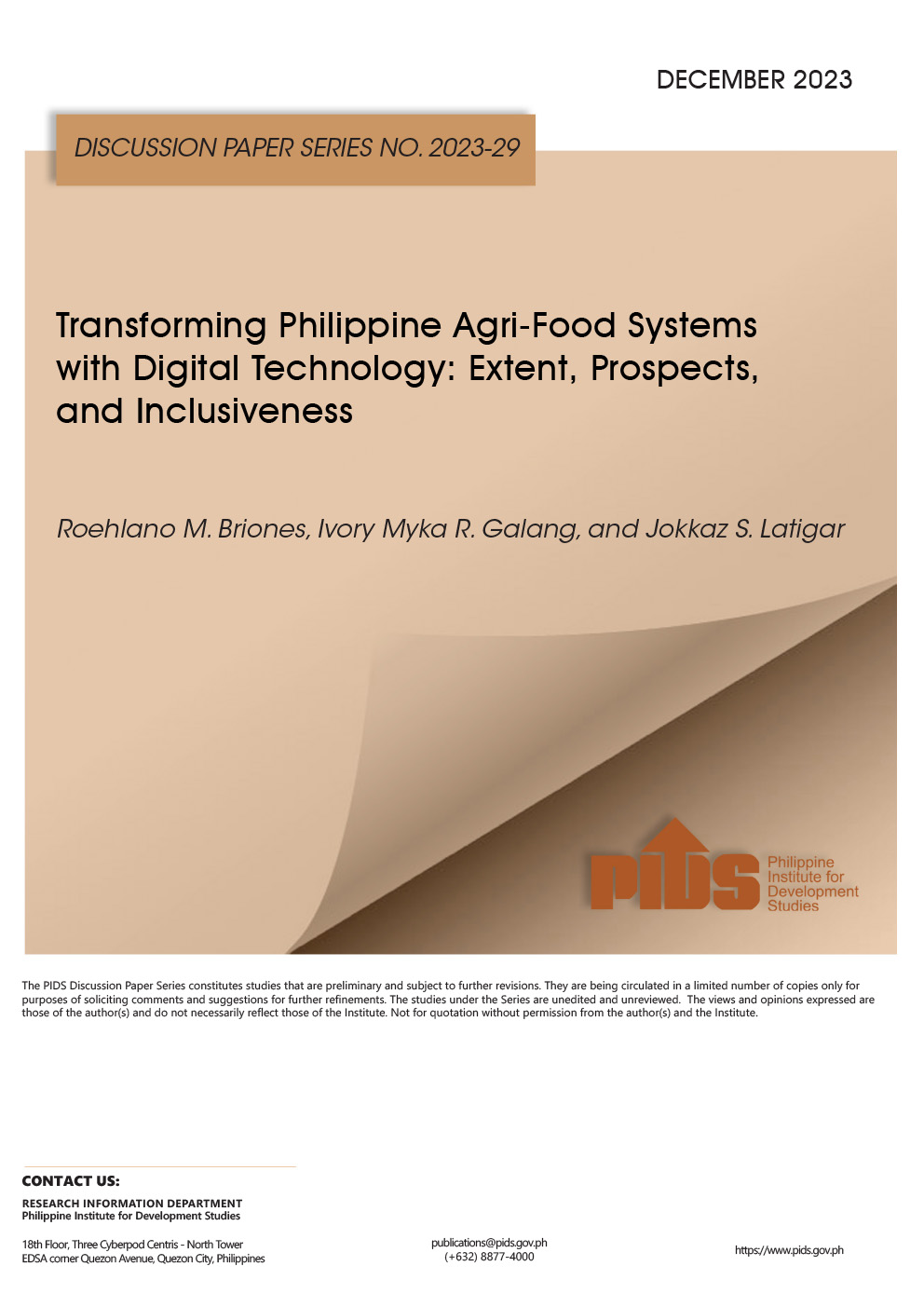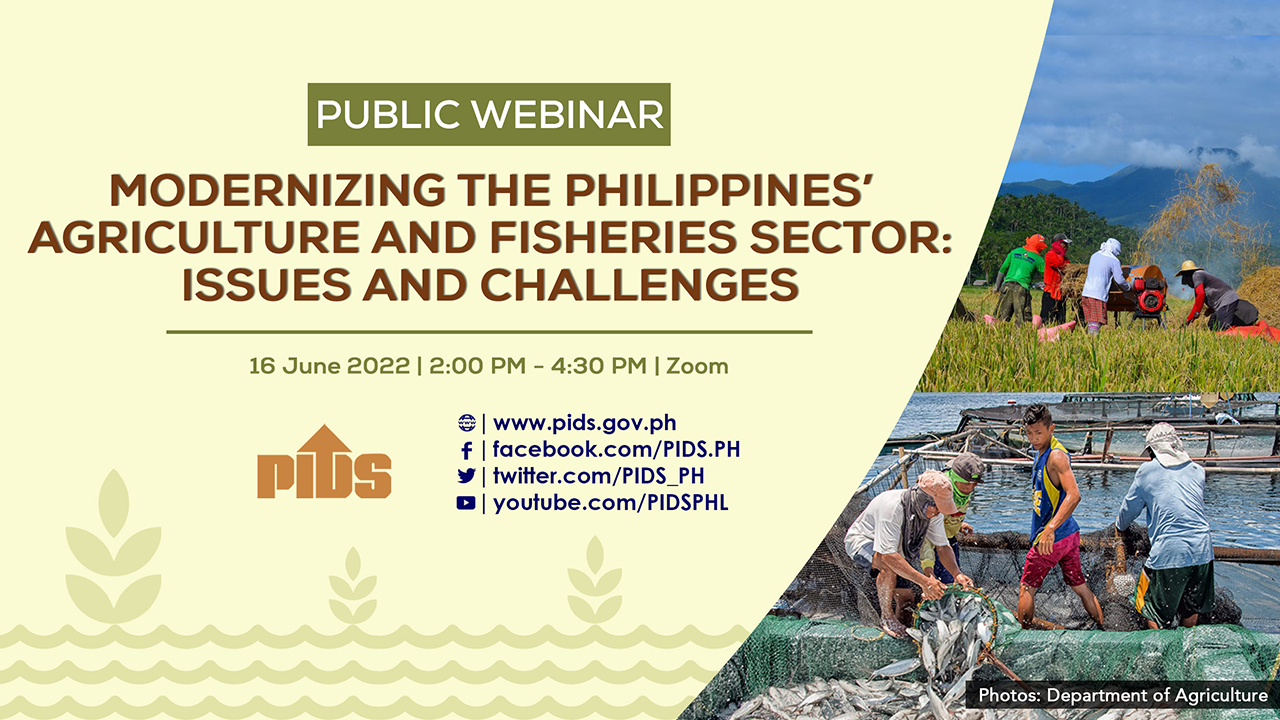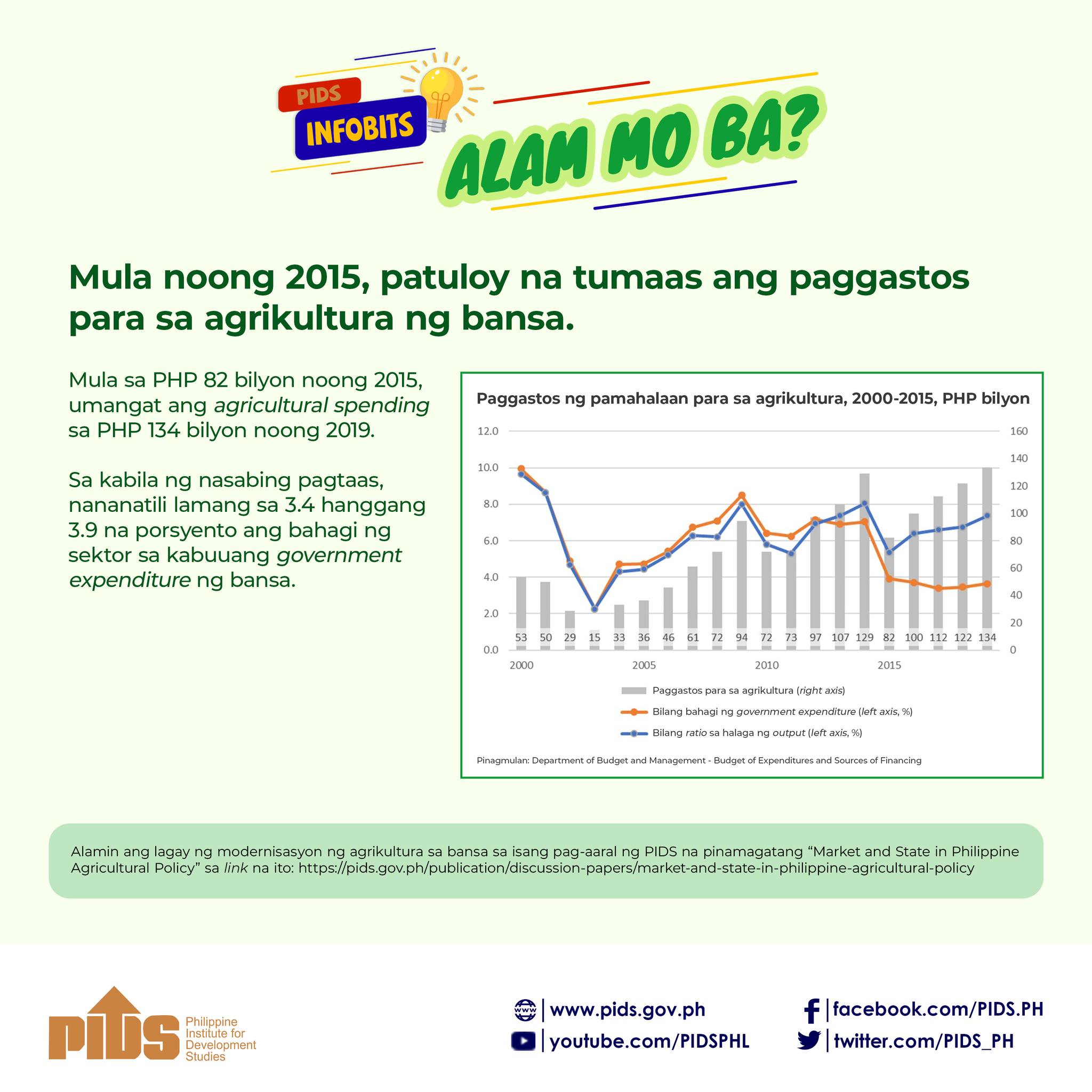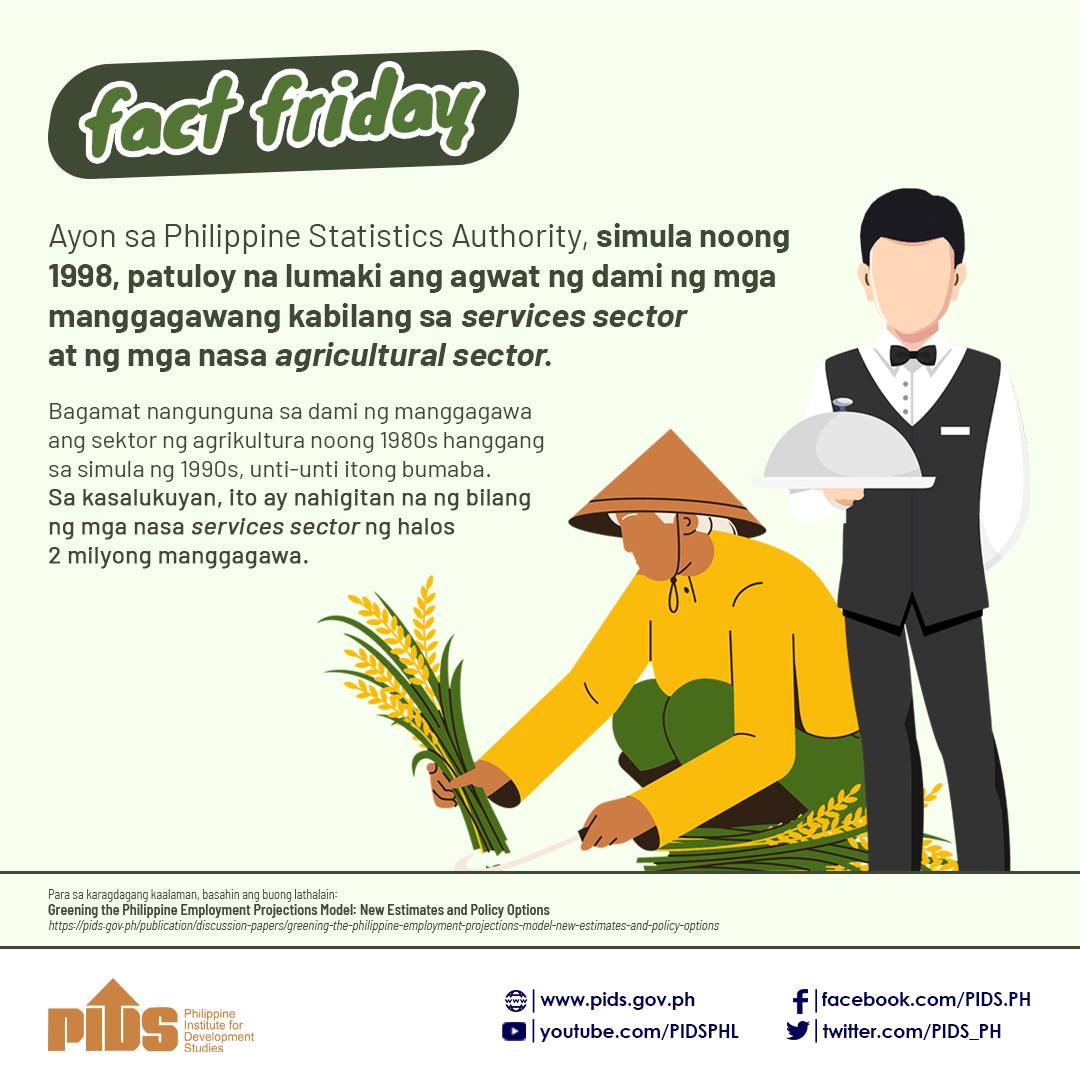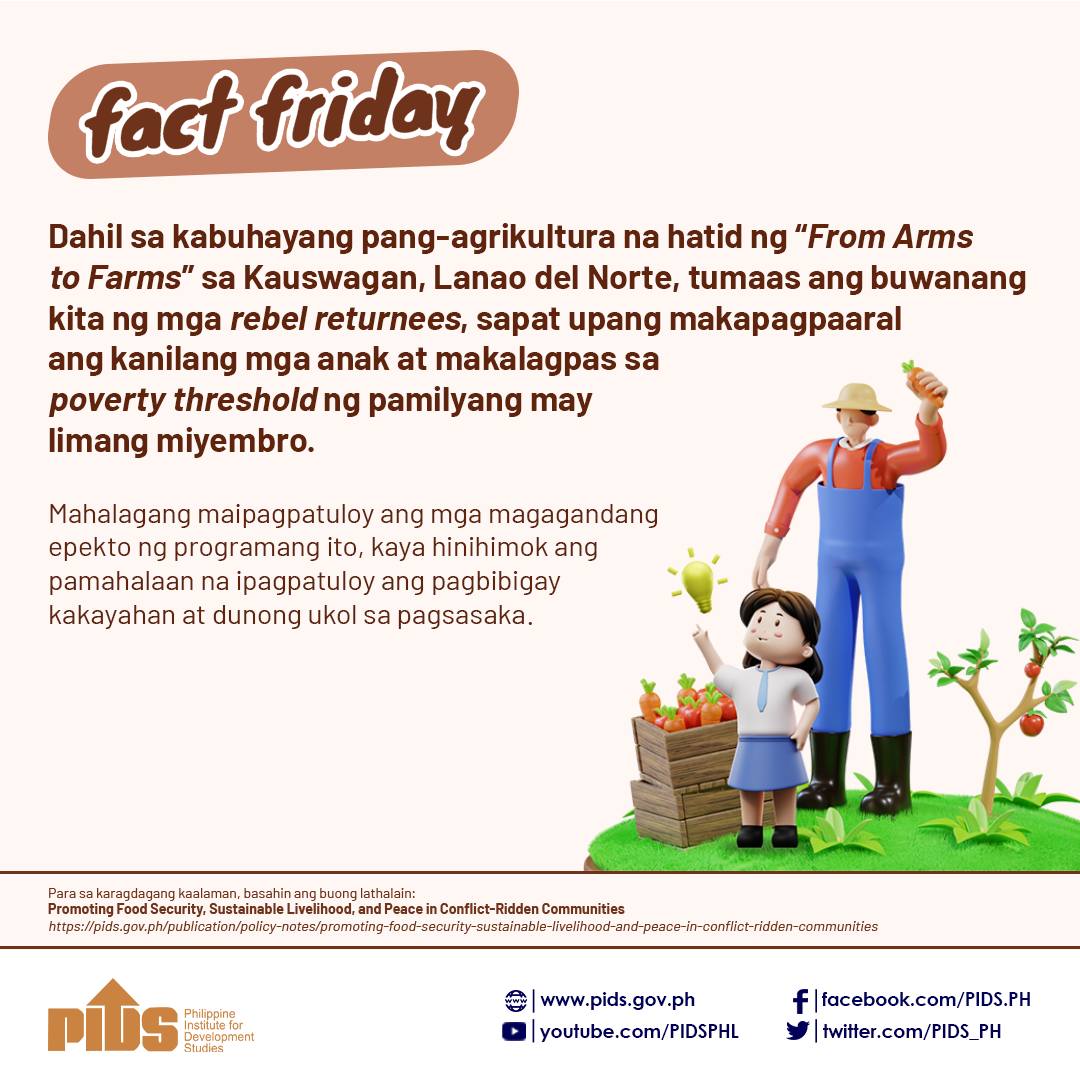The declining enrollment in agriculture, forestry, and natural resources (AFNR) courses is an alarming phenomenon given the unbridled expansion of state universities and colleges (SUCs) in the past few decades. Congress has had a propensity to convert rural high schools into agricultural and forestry colleges, and later, into full-fledged SUCs, as part of political legacy building. The changing dynamics of the higher education sector, however, puts into question the sustainability of their agriculture and related programs, if not the very existence of these institutions themselves. Moreover, the enrollment downtrend has dire consequences for the future human resource requirements of the AFNR sector.
This book examines each of these factors and points the way forward in transforming the educational sector to become more responsive to the new demands of the labor market. There is a need to rationalize AFNR higher educational and technical-vocational institutions while addressing skill shortages, degree requirements, and other crucial issues. In the larger context, the country`s strategy for economic development should promote agricultural modernization and an agribusiness orientation, supported by investments in infrastructure. This book is yet another contribution to the effort to craft evidence-based policy aimed at making growth and development more inclusive, especially for the third of the country`s workforce making a living in the agriculture sector.
Citations
This publication has been cited 8 times
- Aguiba, Melody Mendoza. 2020. Technical Panel for Agriculture reconstituted to make agriculture a poverty reduction tool, Gregorio appointed chief. Growth Features.
- Domoguen, Robert. 2018. Domoguen: Agrifuture now. SunStar Cebu.
- Fernandez, Rudy. 2017. Programs to boost agri sciences as career. Philippine Star.
- Gomez, Eireene Jairee. 2020. Agri panel reconstituted to reduce poverty, boost growth. Manila Times.
- Manila Times. 2017. Program to boost interest for agri-aqua courses . Manila Times.
- Miraflor, Madelaine B.. 2020. Gov’t reconstitutes tech panel for agriculture amid COVID-19 pandemic. Manila Bulletin.
- Philippine Information Agency. 2017. Program to boost interest for agri-aqua courses among high school students. Philippine Information Agency.
- Sara Mae Mawis-Klasen . 2021. Benefiting under the Comprehensive Agrarian Reform Program. Inquirer.net.

